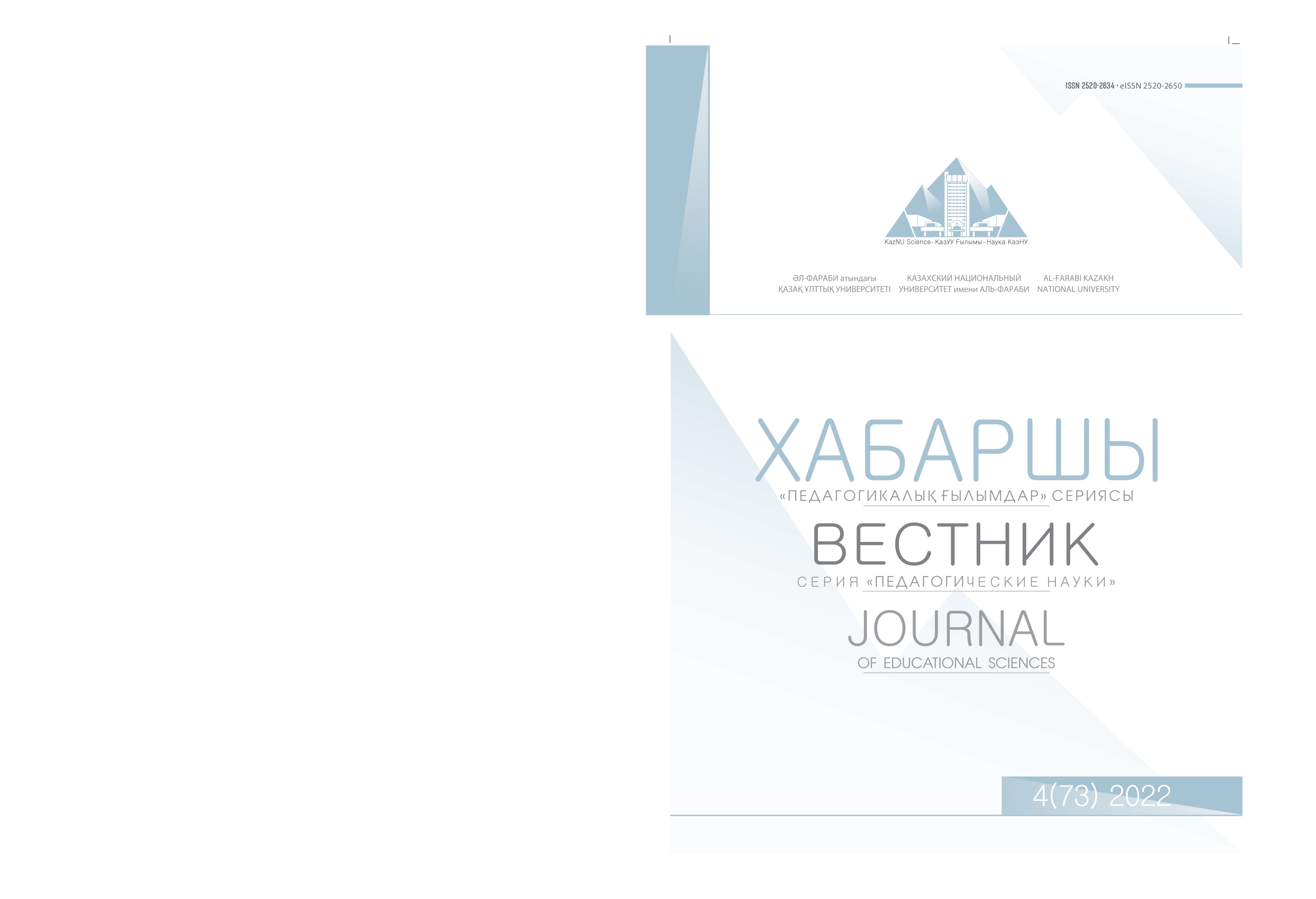Employment of international education graduates: issues of economy and resistance to change
DOI:
https://doi.org/10.26577/JES.2022.v73.i4.01Abstract
Many emerging markets and middle-income countries use international scholarship programs as a long-established approach to human capital development. However, many graduates of international scholarship programs put great efforts to succeed in their home country and face many challenges when navigating the labour market. In fact, socio-economic factors including lack of jobs, saturated fields caused by an overly competitive domestic labour market, inflated salary expectations make it challenging for the international scholarship graduates to land a job after graduation. This paper explores the employment experiences of Kazakhstani government scholarship programs’ graduates majoring in science, technology, engineering and mathematics and sheds light on the challenges the graduates face when navigating the domestic labour market. An analysis based on 45 interviews shows that international scholarship graduates enjoy a positional advantage in the labor market and many of them have built a successful career. Despite this, their employment and career prospects are hampered by intertwining socio-economic and cultural factors, intergenerational clashes and scholarship program rules and regulations. Recommendations for minimizing the issues that graduates face when navigating the labor market are discussed.
Keywords: graduate employability, international education, scholarship programs, labor market, employability challenges















